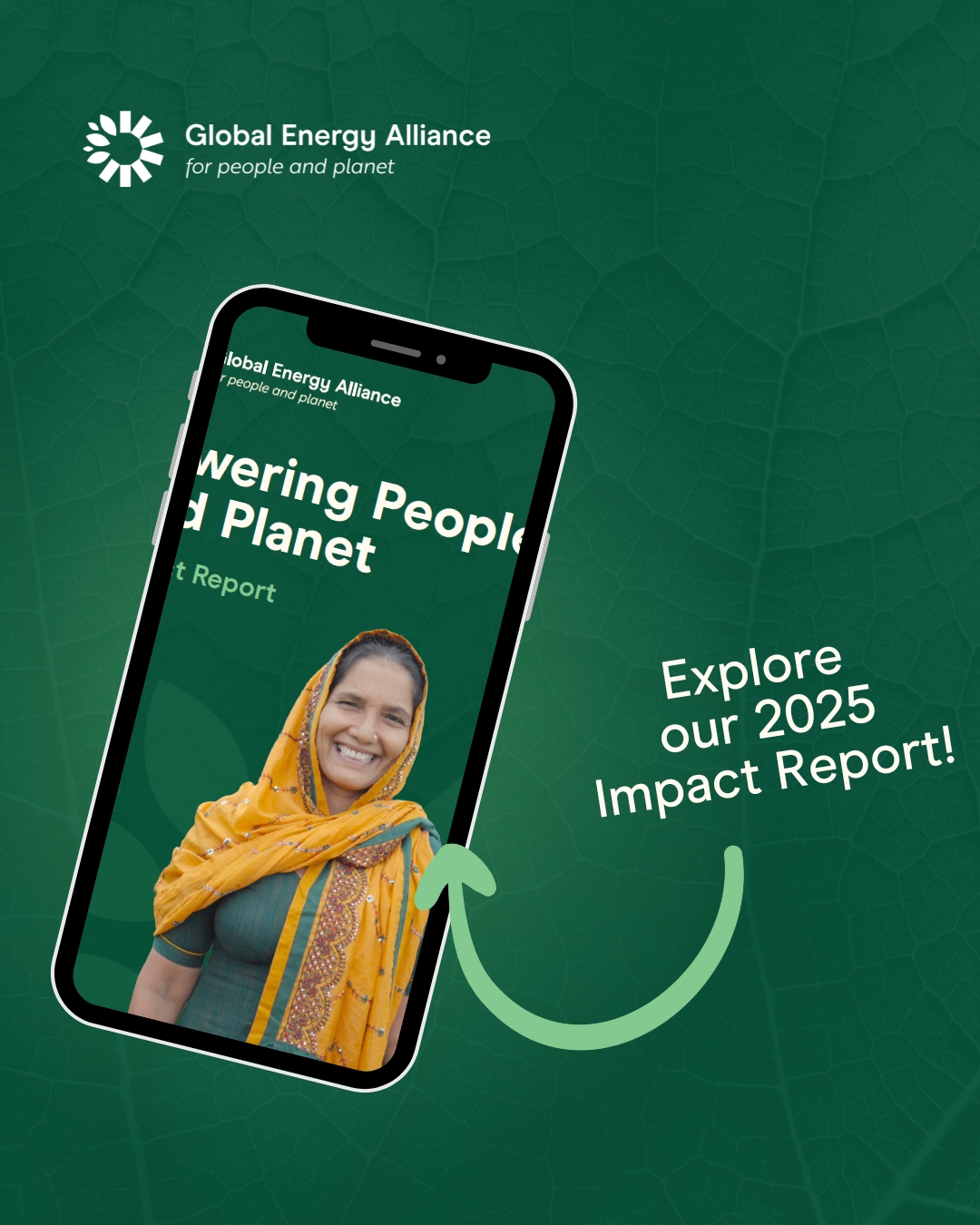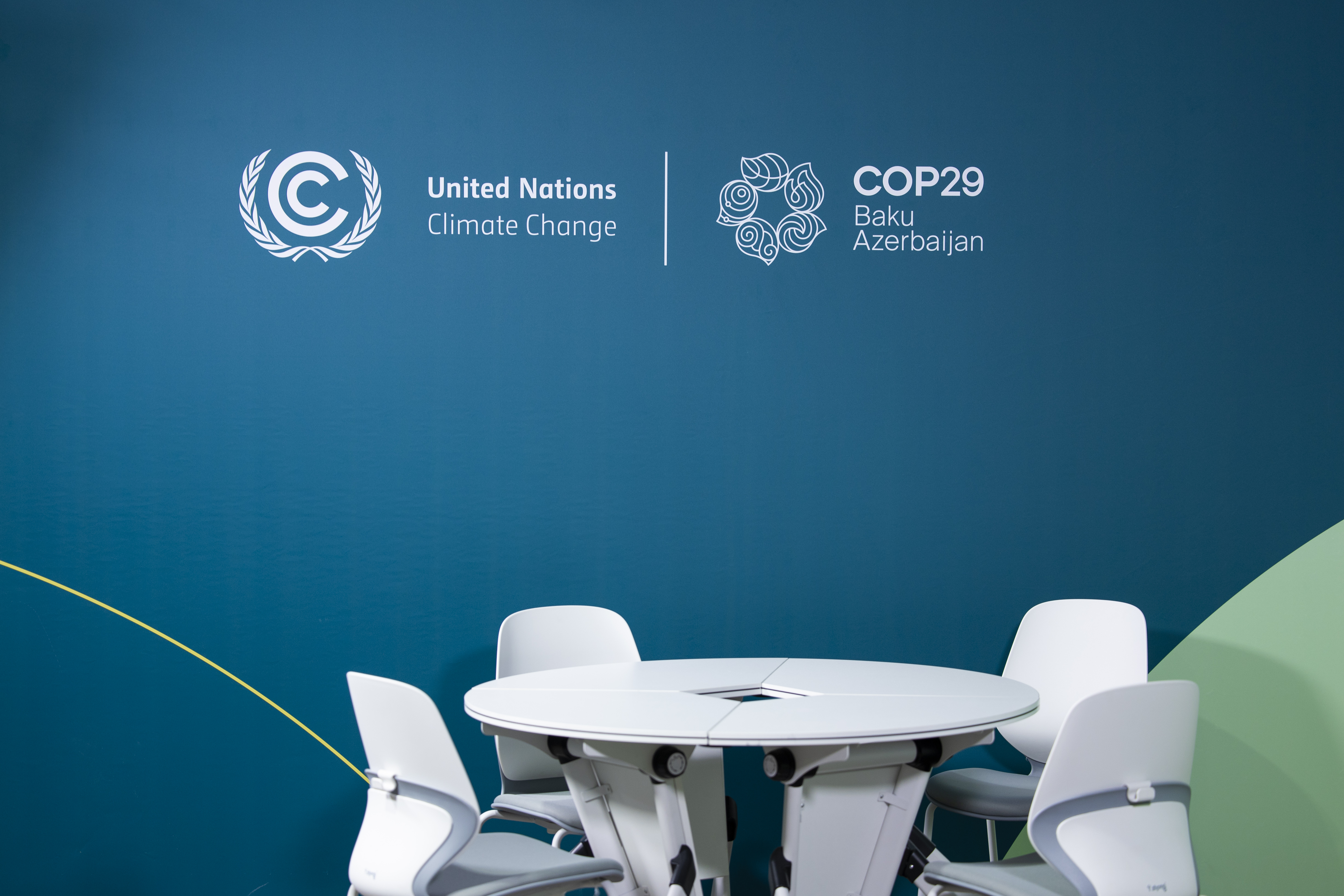5 takeaways: what we learned at London Climate Action Week 2025

London Climate Action Week 2025 was more than just a series of events — it was a powerful convergence of voices, ideas, and momentum.
GEAPP’s Director of Asia Communications and Global Special Projects, Vaishali (Vish) Mishra, had the opportunity to engage in deep conversations about what’s working, what’s missing, and what must change to accelerate an inclusive energy transition. Here are five takeaways that stood out to her throughout the week:
- Climate finance must flow faster to emerging economies –
Despite growing commitments, the biggest gap remains in financing real-world solutions in emerging and developing economies. Discussions throughout LCAW reinforced the need for catalytic, blended capital that can unlock early-stage projects, de-risk private investment, and accelerate energy access at scale. There is also a growing desire to move capital into hard-to-abate sectors.
- We need to own the narrative around climate action –
The transition is still often framed as expensive, risky, and a loss of jobs. But across roundtables and forums, a strong theme emerged: we’ve lost control of the story, and we must reclaim it. It means reimagining the narrative at the micro level: centering people, livelihoods, dignity, and community resilience. Storytelling that is locally grounded and emotionally resonant will be key to restoring trust, driving support, and building momentum for climate action.
- Technology, AI, and Battery Storage are now central to delivery –
From AI-powered grid optimisation to BESS deployment in LMICs, it’s clear that technology is both an enabler and a necessity for clean energy delivery. Technology and the data it generates must be applied to make climate action faster, smarter, and more inclusive. The challenge ahead is not just innovation, but integration – deploying proven solutions rapidly, affordably, and equitably.
- Collaboration is the real multiplier –
Across conversations, one message cut across: no single actor can deliver the transition alone. Progress depends on alliances and partnerships across public, private, and philanthropic sectors. Effective collaboration, grounded in shared goals and mutual accountability, will unlock the systems-level change required to meet global climate ambitions.
- Communities must be at the center of a just transition –
Equity, inclusion, and local job creation came up repeatedly, from mining and infrastructure to energy access and finance. There’s a growing consensus that without justice, there is no transition. The sessions highlighted the need to design climate solutions with communities, not just for them – listening, co-creating, and aligning energy access and transition pathways with people’s aspirations, skills, and economic realities.



